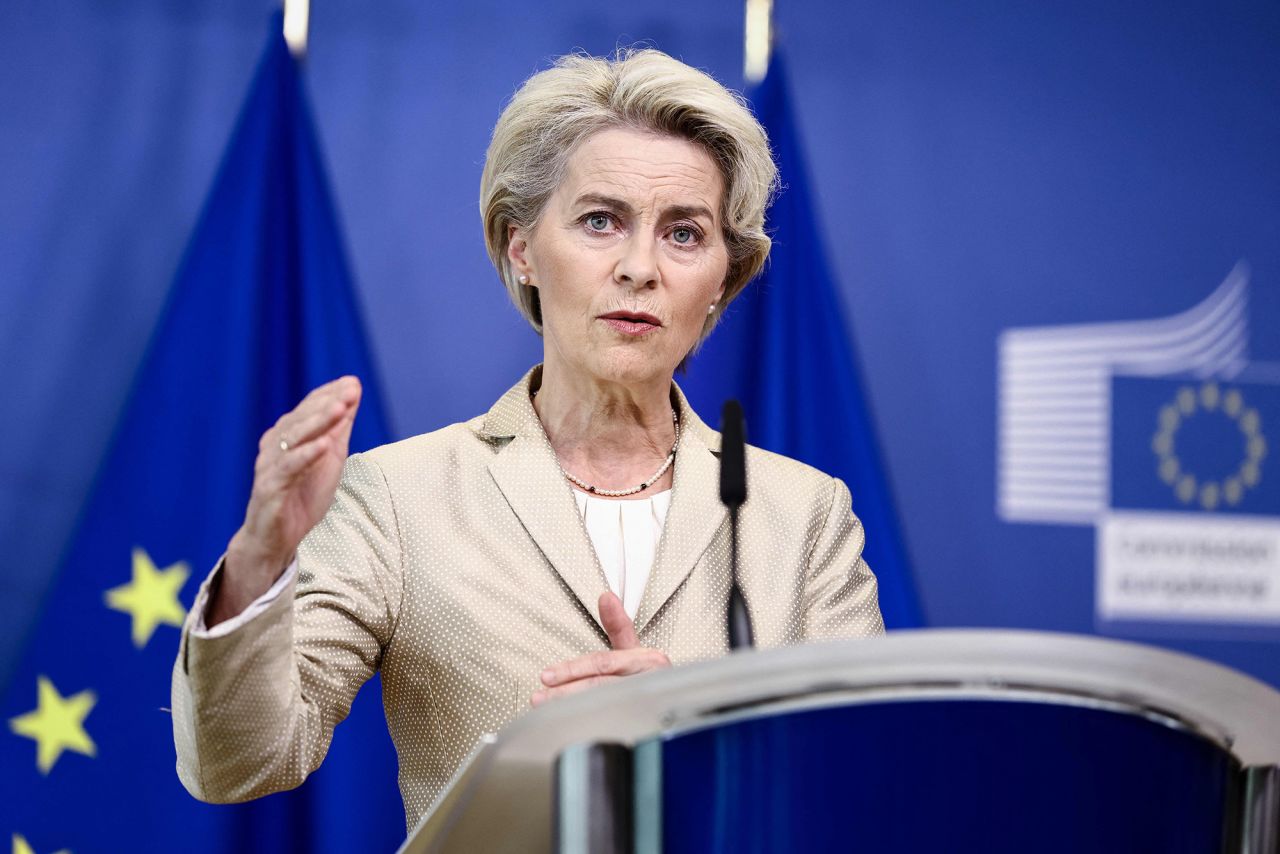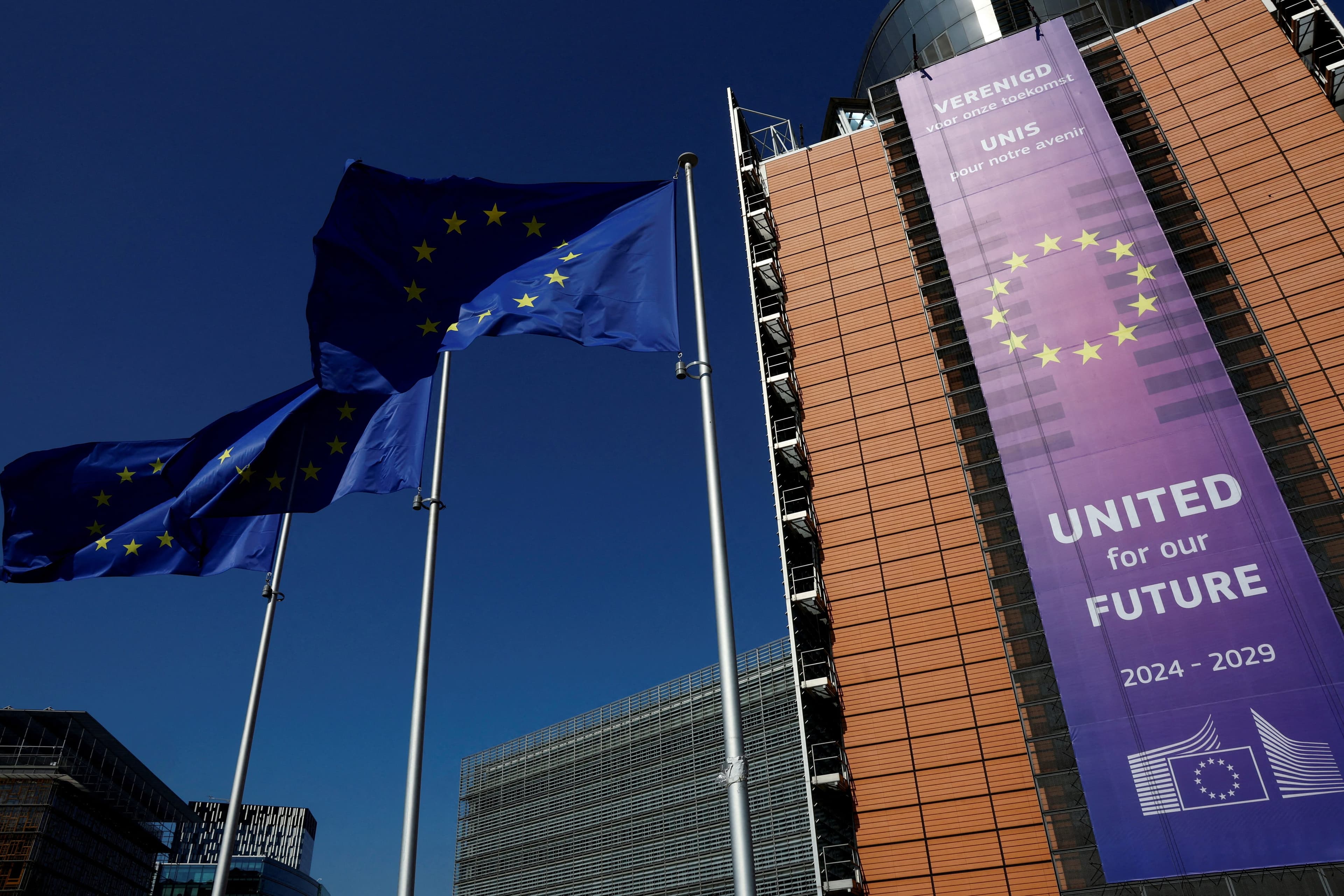Massive Funding for Rail Projects
The European Commission"s recent grant allocation of nearly €2.8 billion under the Connecting Europe Facility (CEF) has positioned rail transport as the primary beneficiary, receiving a staggering 77% of the total funding. This investment, while superficially a step towards sustainable transport, raises critical concerns about equity and environmental justice. The funds will support 94 projects across various EU member states, including the controversial Rail Baltica, which has been touted for its potential to enhance connectivity across the Baltic region.
Rail Baltica"s Impact on Communities
As reported by RB Rail AS, Rail Baltica has received an additional €295.5 million to further its development. However, the project has met with resistance from local communities who fear that its construction will not only displace families but also threaten fragile ecosystems. This imbalance between infrastructure investment and community impact highlights a dire need for the EU to prioritize social equity in its funding decisions.

September 28, 2022 Russia-Ukraine news | CNN
Environmental Justice Concerns
The rail sector is heralded as a cleaner alternative to road and air travel, but this narrative often oversimplifies the environmental costs associated with large infrastructure projects. According to Railway Gazette International, the construction of Rail Baltica could exacerbate climate impacts if not accompanied by comprehensive sustainability measures. The EU must ensure that funding for rail does not come at the expense of local ecosystems or marginalized communities.
Pressure to Shift Funding Priorities
With the upcoming budget negotiations led by Denmark, there is a growing fear that transport funding may suffer due to increasing pressure to boost defense spending amid geopolitical tensions. As noted by UNIFE Director-General Enno Wiebe, "Public budgets are about choice." The choice to invest in rail infrastructure must not come at the cost of sidelining critical social and environmental goals. The potential redirection of funds towards military expenditures could undermine the progress made in sustainable transport initiatives.

Siemens Mobility wins share of 2.8 billion euro contract with ...
Calls for Coordinated EU Support
The future of the CEF remains uncertain, with advocates voicing their concerns over potential fragmentation of funding. Leaders from several EU member states have urged the European Commission to maintain a strong, centrally managed approach to infrastructure funding, warning that the shift towards national plans could delay essential projects like Rail Baltica. As highlighted in a joint statement by project leaders, these cross-border initiatives represent more than just infrastructure; they symbolize European unity and the potential for sustainable growth.
Conclusion on Future Funding
As the EU navigates the complexities of funding allocation, it must recognize that the failure to address social equity and environmental justice will only lead to deeper societal divides. The significant funding earmarked for rail transport presents an opportunity to reshape Europe’s infrastructure landscape, but only if it is accompanied by a commitment to uphold the rights and needs of affected communities. The voices of those marginalized must be amplified in these discussions, ensuring that the benefits of such investments are equitably distributed.







![[Video] Gunfire between Iraqi security forces and Sadr militias in Baghdad](/_next/image?url=%2Fapi%2Fimage%2Fthumbnails%2Fthumbnail-1768343508874-4redb-thumbnail.jpg&w=3840&q=75)
